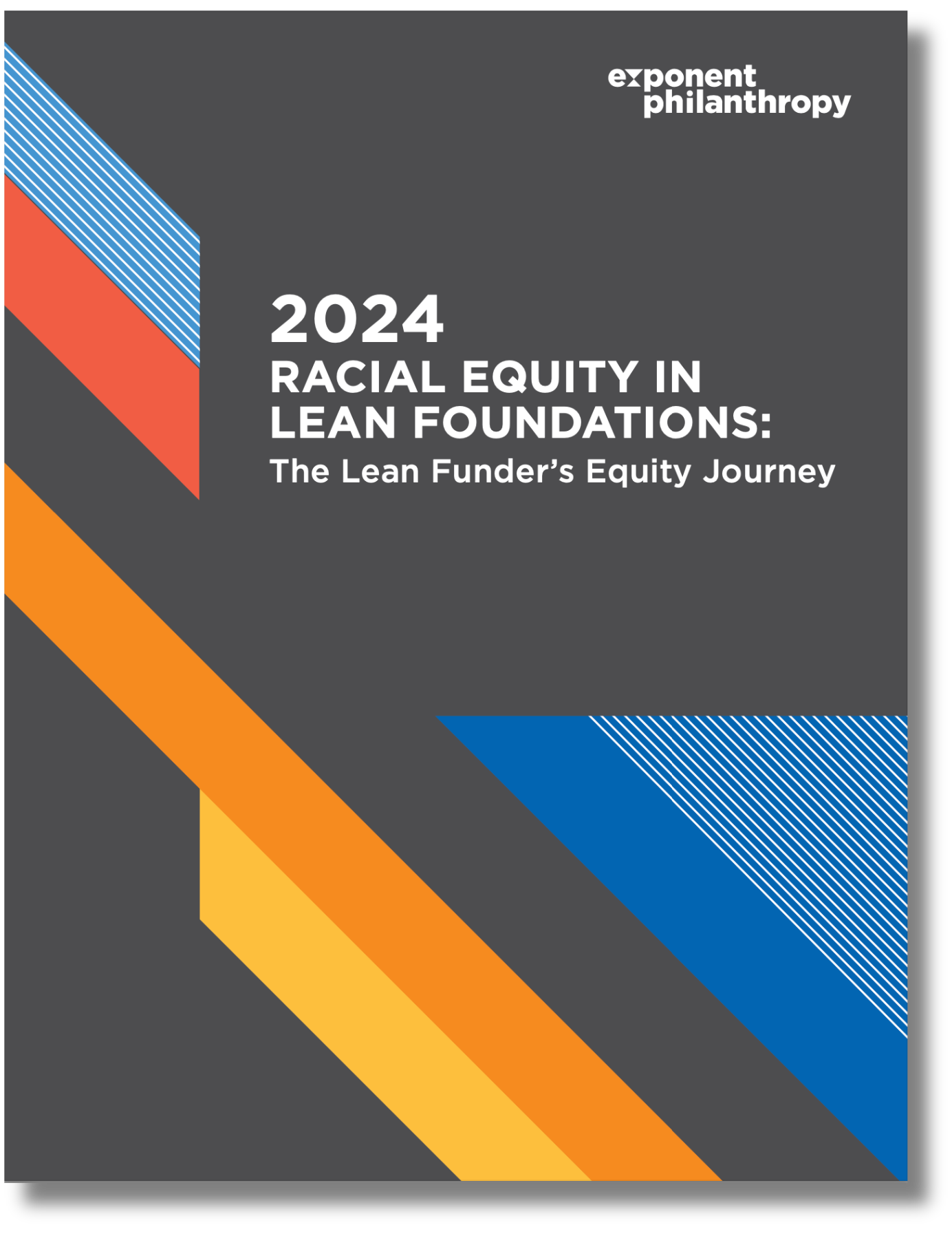
For over forty years, the Center for the Study of Social Policy (CSSP) has worked to produce equal outcomes for children, families and communities. In part one of this blog series, we shared CSSP’s Key Equity Terms & Concepts. The organization’s commitment to equity, especially racial equity, means we’re constantly evolving our thinking. Part of this evolution has led us to start using an anti-racist, intersectional frame to guide our work. To understand and apply the frame, let’s first discuss a few concepts.
Intersectionality
Popularized by Kimberle Crenshaw, this concept and analytical tool helps us better understand identity, and how it informs the ways individuals and communities simultaneously experience oppression and privilege in their daily lives, interpersonally and systemically. Race is one aspect of one’s identity, and it isn’t siloed. Intersectionality describes how other aspects of our identities “intersect” or interact with one another, for example: class, sexual orientation, gender identity and expression, ability, citizenship status, etc.
To understand the importance of intersectionality, we need look no further than the Coronavirus pandemic. In an attempt to stop the rapid spread of COVID-19, public health experts said to stay at home to protect ourselves and others. This ignores the many ways people can’t shelter in place for protection: low-income “essential” workers, those experiencing domestic violence, incarceration, and more.
Recognizing the unique needs of people who are houseless, for example, could have provided a safe, clean shelter to make social distancing possible. We fail when we can’t or won’t see the totality of people’s experiences within our systems and society.
Rejecting Pathologizing the Behavior of Black, Native and People of Color (BIPOC)
The behavior of BIPOC is often deemed wrong or deviant in our society, something that has been well documented throughout history. The Moyniham Report, written in 1965, attributed individual behavior to racial inequities. It blamed Black families for experiencing poverty and other social inequalities, concluding there was something inherently wrong with Black families. The report also compared Black and white behaviors, deeming blackness bad.
The pathologizing of Black families has influenced public policy, and the consequences are calamitous. In 2017, state data found that almost 53% of children in foster care in New York City identified as Black. But only about a quarter of all New Yorkers under 18 are Black. Similarly, the history of removing Native children from their families and communities has been devastating. So much so, specific laws like the Indian Child Welfare Act (ICWA) were enacted to try and undue these concerted racist policies.
When we pathologize behavior, we ignore the structural inequities that people, families and communities experience, leading to these disparate outcomes. And when the root causes of inequities are buried behind individual blame, it’s harder to work towards undoing racism and racial inequities.
Understanding Institutional Racism
Our institutions are rooted in racism and white supremacy. Case in point, our policing system’s origins are tied to slavery. Police were used to kidnap enslaved Black people trying to escape to freedom. And policing was also used to empower white people more broadly—many who were not formally “the police” engaged in entrapping escaped slaves. In many ways, policing has always been a form of social control that has terrorized Black people.
By knowing this history, we can better understand the adversarial and violent relationship that the police have with Black communities. Similarly, this history helps us ask what can be done to change these institutions, how this change can happen, and should we be imagining different institutions. Understanding the roots of today’s inequities, and employing an anti-racist intersectional frame, better equips us to work towards eradicating racism and inequities.
In part three of this series, we share questions for funders to use to assess how they operate and approach grantmaking in ways that are anti-racist.
Racial Equity in Lean Foundations
 The Lean Funder’s Equity Journey
The Lean Funder’s Equity Journey
Explore how lean foundations can integrate racial equity into their work. Our 2024 publication provides data, strategies, and real-life examples to help foundations with few or no staff make impactful changes. Gain insights on engaging boards, fostering diversity, and implementing equitable practices for more effective philanthropy. Get your free copy!
About the Authors
Juanita Gallion is the deputy director of equity & learning at the Center for the Study of Social Policy.
Maya Pendleton is a policy analyst at the Center for the Study of Social Policy.
